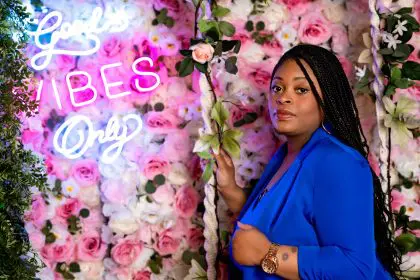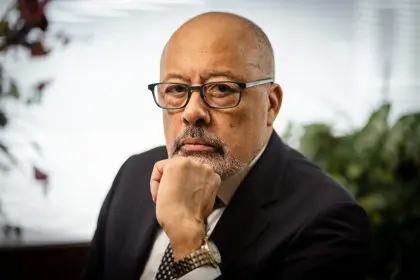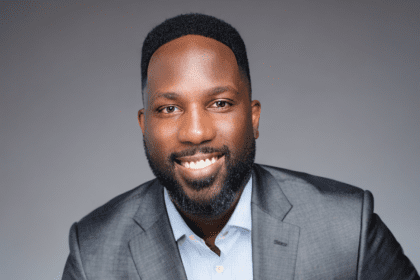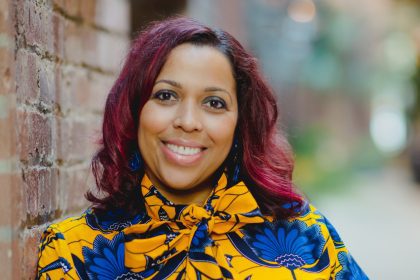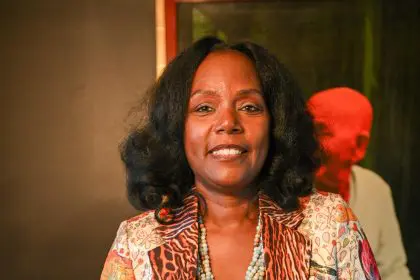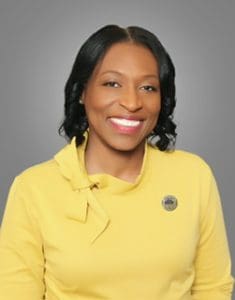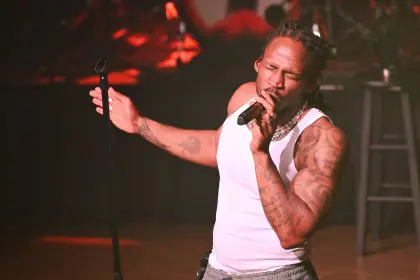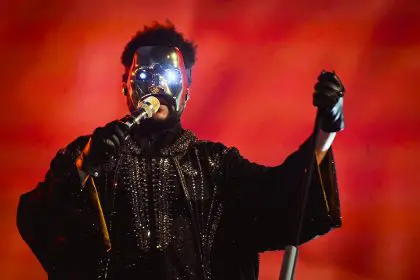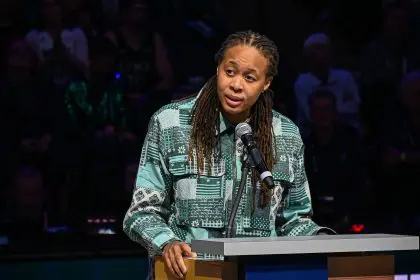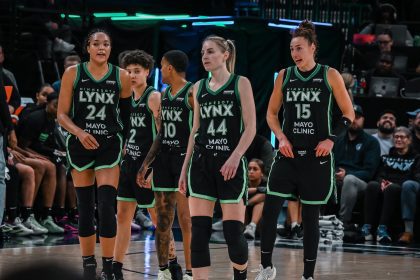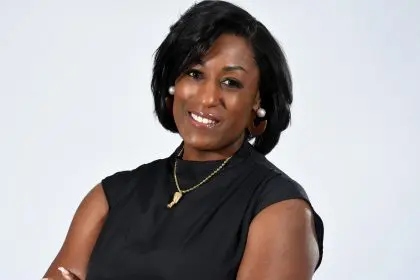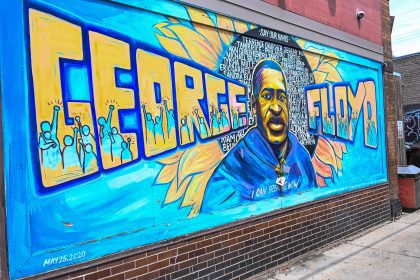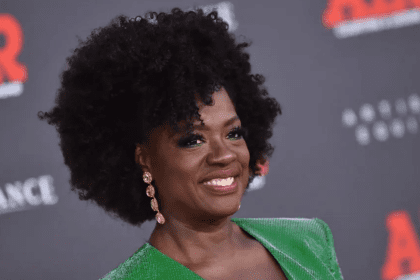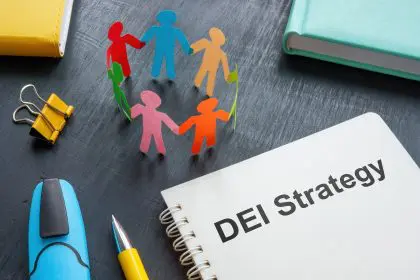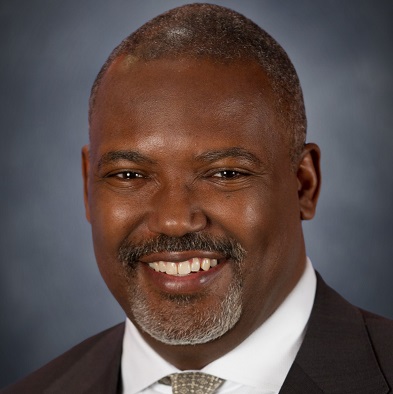
When U.S. Bank’s administrators selected Ken Charles to lead their global talent strategy, it’s because they had full confidence he would “continue to foster an inclusive and collaborative environment where people want to work and employees want to stay.”
Charles joined U.S. Bank from General Mills, where he was responsible for recruiting, culture and engagement, and the development and execution of General Mills’ global diversity and inclusion strategy.
Here, the SVP of global talent offers career advice and explains exactly the impact your North Star has on your career success and fulfillment.
How did you arrive at your current career choice in HR?
I’ve personally received and ignored the advice to avoid the relations — human and community relations. I started my career in sales and marketing, shifted to the nonprofit space and eventually found my home in human resources with no regrets. We should find that place where our passions and capabilities meet. If you love what you do and you’re good at it, you’ll find a rewarding career.
How did you find your way to the position you have now?
The good that you do in the world finds its way back to you I had my first real introduction to U.S. Bank when I was sharing our successful diversity and inclusion practices at General Mills with them as a personal favor to one of my mentors. Over the course of five years, we stayed in touch until the timing was right for both of us.
What is the best part of being senior vice president of global talent strategy with U.S. Bank?
I have the best job at the bank. As leader of talent acquisition, I get to connect talent with opportunity. Whether for an experienced professional or the first job for a college kid, there is nothing better than helping people achieve their ambitions. With our D&I team, I’m able to fulfill the promise of delivering a workplace where everyone is valued and respected. Finally, my talent, education and development team is the growth engine for the company. That growth comes from highly engaged employees who propel our businesses and from helping employees develop to reach their full potential.
How important is diversity and Inclusion to the day-to-day operations for U.S. Bank in Minnesota? U.S. Bank nationwide?
It’s critically important to us. For us, D&I is about changing behaviors, tracking progress and holding ourselves accountable. We’re committed to fostering and sustaining a diverse workplace where everyone feels they can reach their full potential. What’s most important in achieving that goal is intentionality. Supporting our employees in achieving their possibilities is a transformative process that requires a multilevel approach to talent management, development and recruiting. To that end, we employ a robust strategy that takes into account all our major stakeholders — employees, customers, communities, and suppliers — and ensures they’re getting the support and information they need.
What type of inclusion outreach activities has U.S. Bank implemented?
We are the catalysts that help our customers, colleagues, communities, and shareholders make the most of every opportunity and realize their full potential. Across our varied markets and customers, we strive to exceed expectations and serve as a trusted advisor and partner. As the fifth-largest bank in the United States, we reach all segments of the community. Whether launching a branded debit card for Pride Month, financing an Urban League work center in Ferguson, Missouri, or providing hundreds of inner-city youth their first corporate work experience, you’ll find us in your community.
How important is diversity and inclusion regarding U.S. Bank’s mission?
Diversity is one of our core values. We draw strength from diversity. We don’t just say we value it. We don’t just tolerate it. We draw strength from it. Diversity and inclusion are defining characteristics of our culture and our company.
When it comes to talent acquisition, what obstacles do you currently face when it comes to hiring and retaining qualified diversity candidates (women, minorities, LGBT individuals, and disabled individuals)?
Our recruiters recognize their responsibility is to provide the bank with exceptional talent that reflects all of our markets and consumers. It’s a belief that quality and diversity aren’t exclusive. The challenge is to find the best and brightest from every community. To accomplish that, you must recognize that there is no one-size-fits-all approach to recruiting. We use a variety of events, websites, search tools and external partnerships to identify and attract employees. If you believe there are great people in every community, and we do, then your only obstacle is your commitment to finding and recruiting them. That said, recruiting is only half the battle. You must also deliver a workplace that values and respects everyone. Retaining employees is as simple as challenging, developing and respecting them. We’re driven to ensure that all 73,000 employees view us as a great place to work.
How important is it to recruit multicultural candidates to Minneapolis?
We want our workforce in Minneapolis and across the world to represent their community and our consumers. We believe having a diverse employee base gives us access to great talent, innovative ideas and consumer insights that drive our growth.
What advice do you have for diverse candidates when seeking jobs? What should they look for when considering a company?
Start with a crisp resume focused on your contributions. How have you made a difference in the organizations you’ve been a part of? Next, you’ll want to have a polished presence on LinkedIn. Be certain that your settings show that you’re looking for opportunities. I’d encourage you to visit and post your resume with the 20 companies that interest you. A recruiter’s first stop is with candidates who have applied to their open roles and added a resume to their company’s database. The big job boards still matter. Visit Indeed, Monster, CareerBuilder. Look for job boards in your industry or specialty boards for diverse candidates. Finally, the human connection is always important. Career fairs allow you to meet recruiters face-to-face and make an impression. Who you know matters, so let friends and family know that you’re in the job market. They may have access to opportunities of which you’re not aware.
Please explain the process of talent acquisition.
Talent acquisition or recruiting is the process of identifying, selecting and hiring the talent needed for your business. The talent team will focus on how you manage that talent to ensure a diverse and robust pipeline to sustainably meet your needs. That includes succession planning, learning and education programs and leadership development.
How important are mentors to helping advance one’s career?
Even the best natural athlete is better with a coach. Mentors provide the insights and advice necessary to achieve higher levels of performance and to navigate the corporate environment. Mentors aren’t [just] important, they’re a necessity.
What’s your opinion regarding networking? How important is it for career advancement?
I’m reminded of the old African proverb — if you want to go far, go together. Our individual performance is critically important to our success but ultimately relationships will determine altitude. If people don’t know you, they won’t trust you. If they don’t trust you, they won’t promote you. It’s that simple. We have to invest time in building rich networks up, down, across and outside our organization. Three thoughts: We need to be open to others if we want them to be open to us — make sure your network is diverse. It’s not just what you get but what you give — networks should be mutually beneficial. At the end of the day, performance still matters most — you have to do both.
How would you describe your leadership style?
I grew up in sales, so I’m very results-oriented. I believe in specifically stated goals, building rich plans to achieve them, and empowering my team to deliver results. It’s about outcomes, not activity.
Name two best practices that you use to empower multicultural employees at the corporate level.
I’m a huge fan of employee networks or business resource groups. Individually, these groups provide employees with the support and encouragement needed to achieve success. Collectively, they can transform the entire culture of an organization by educating and connecting people.
I’m a believer in development for all. I think it’s particularly powerful when it’s culturally relevant. When an organization can deliver content that recognizes the uniqueness of an employee’s experience it’s doubly impactful. Targeted training for women, veterans, professionals of color and other groups has proven to be a real accelerator in their development and advancement.
In your personal and professional life, how do you handle challenges?
I’m the son of a steelworker. I’ve known disappointment. It’s taught me that it really doesn’t matter if your glass is half-empty or half-full. All that matters is that you own your glass and make the choice to do the work necessary to achieve your aspirations. We’re not victims. We’re not pawns. We are far more powerful than we realize. Make a thoughtful choice. Do the work.
What inspires you to go to work every day?
I get energy from connecting talent with opportunity, helping people achieve their potential and creating spaces where everyone is valued and respected. I draw inspiration from everywhere; the veteran trying to make sense of the civilian world, the first generation college student who is now a young professional, and the boomer who is nearing retirement and trying to define their legacy. We’re surrounded by greatness if we only open our eyes.
What advice can you give to young professional people of color aspiring to climb the corporate ladder?
First, you have to have a North Star. Without clarity on what you seek to accomplish in your personal and professional life, you’ll never make progress. Second, understand that the road won’t be easy. You’ll have challenges and have to make trade-offs. It’s easier to navigate those inevitable challenges if you have a North Star.
What was your first corporate job?
I started my career in sales and marketing with U.S. Steel. I had a 10-state, $40 million territory based out of Kansas City. I like to say it was my first job in diversity and inclusion. I quickly realized that I needed to be able to find common ground and connect with my customers if I had any hope to succeed. I think sales gave me a results orientation and focus on the customer that still serves me today.
Was your professional career path intentional?
Absolutely not. For most of us, we don’t know where the road leads. We should remain open to new adventures.
In hindsight, at various intervals of your career, were there any teachable moments you can share?
My advice, never stop investing in yourself. Professionals should pursue an advanced degree and continually invest in their craft.
If you’re not growing then make a change. Some folks are fortunate to live their passion every day. For others, when you feel yourself in a rut, be courageous and try something new.

